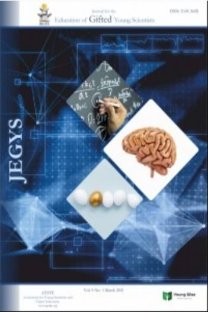Creating and leading a learning environment in diverse Foundation Phase classrooms in a South African school
Leaders and teachers are exploring ways to organise their learning spaces as well as their methods of teaching and learning. We aim to explore teachers' experiences of an invitational learning environment in culturally diverse Foundation Phase classrooms in the South African context. The Invitational Learning Theory was used as a theoretical framework. An interpretivist research paradigm was used to portray the lived experiences and personal responses of the participants. Interviews were undertaken with Foundation Phase teachers and School Management Team to elicit in-depth information on their experiences on the creation of a conducive learning environment. Additionally, observation and visual data formed the data collection instruments. Data were coded, examined and emerging themes identified. Findings highlighted the need to improve the ‘5Ps” as advocated by Novak and Purkey. The learning environment is a qualitative determiner for success. It is the responsibility of all stakeholders to ensure leadership for learning is conducive to teaching and learning.
Keywords:
Invitational Learning Theory, Inviting learning environment inviting leadership, Powerful 5Ps, invitational teaching and learning,
___
- Reference 1: Purkey, W. and Novak, J. (2015). An introduction to invitational theory. Journal of Invitational Theory and Practice, 1,1-7.
- Reference 2: Purkey, W. and Stanley, P. (1991). Invitational teaching, learning, and living. Washington D.C: National Education Association.
- Başlangıç: 2013
- Yayıncı: Genç Bilge Yayıncılık
